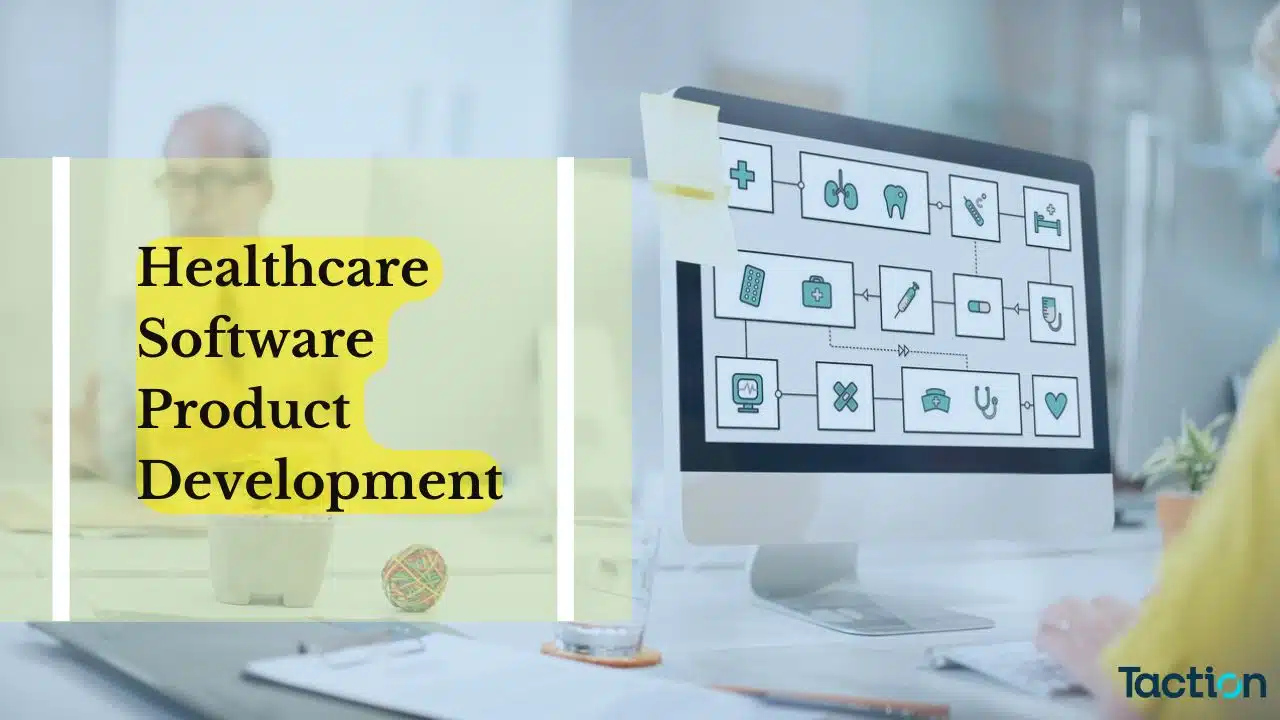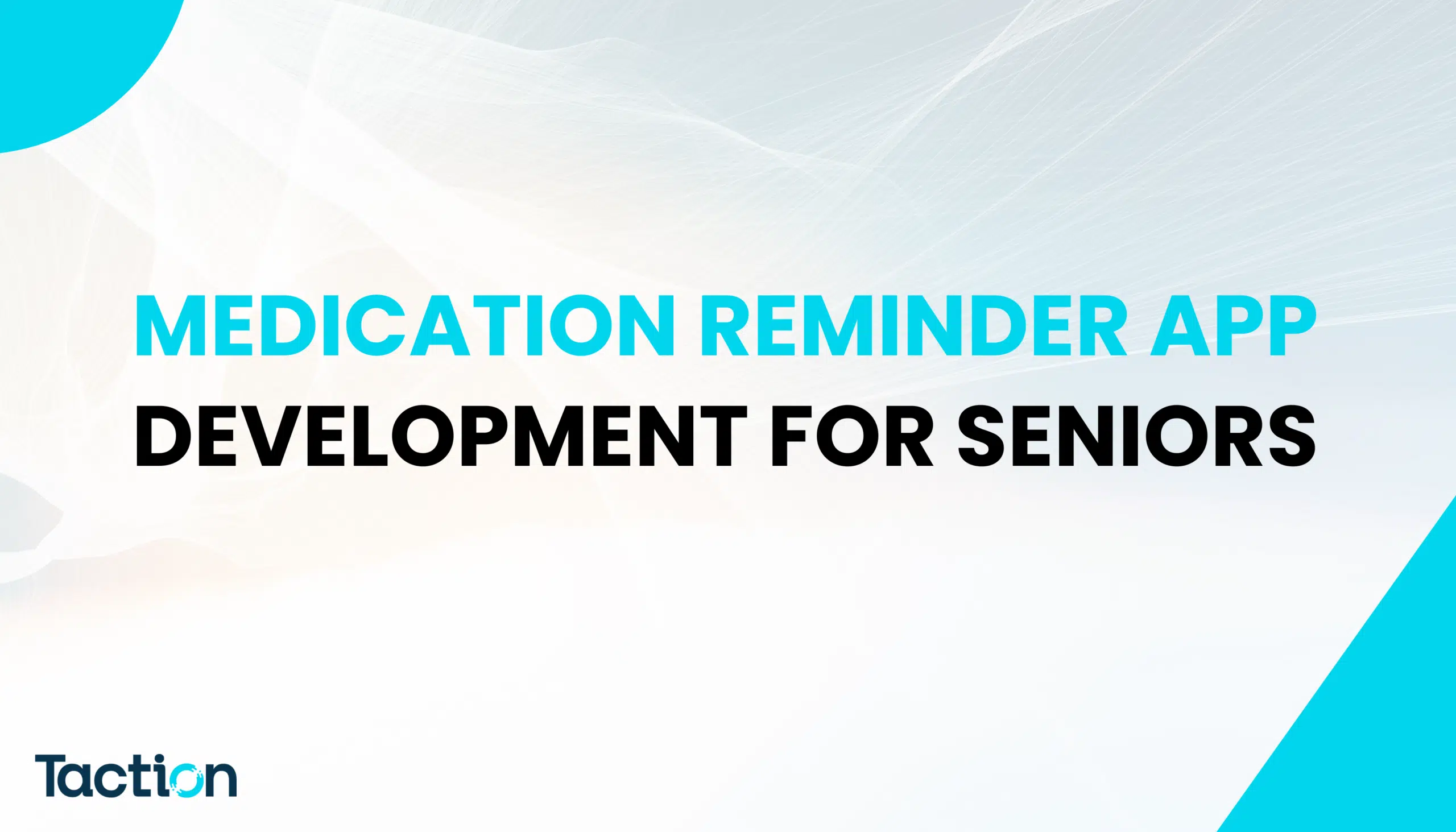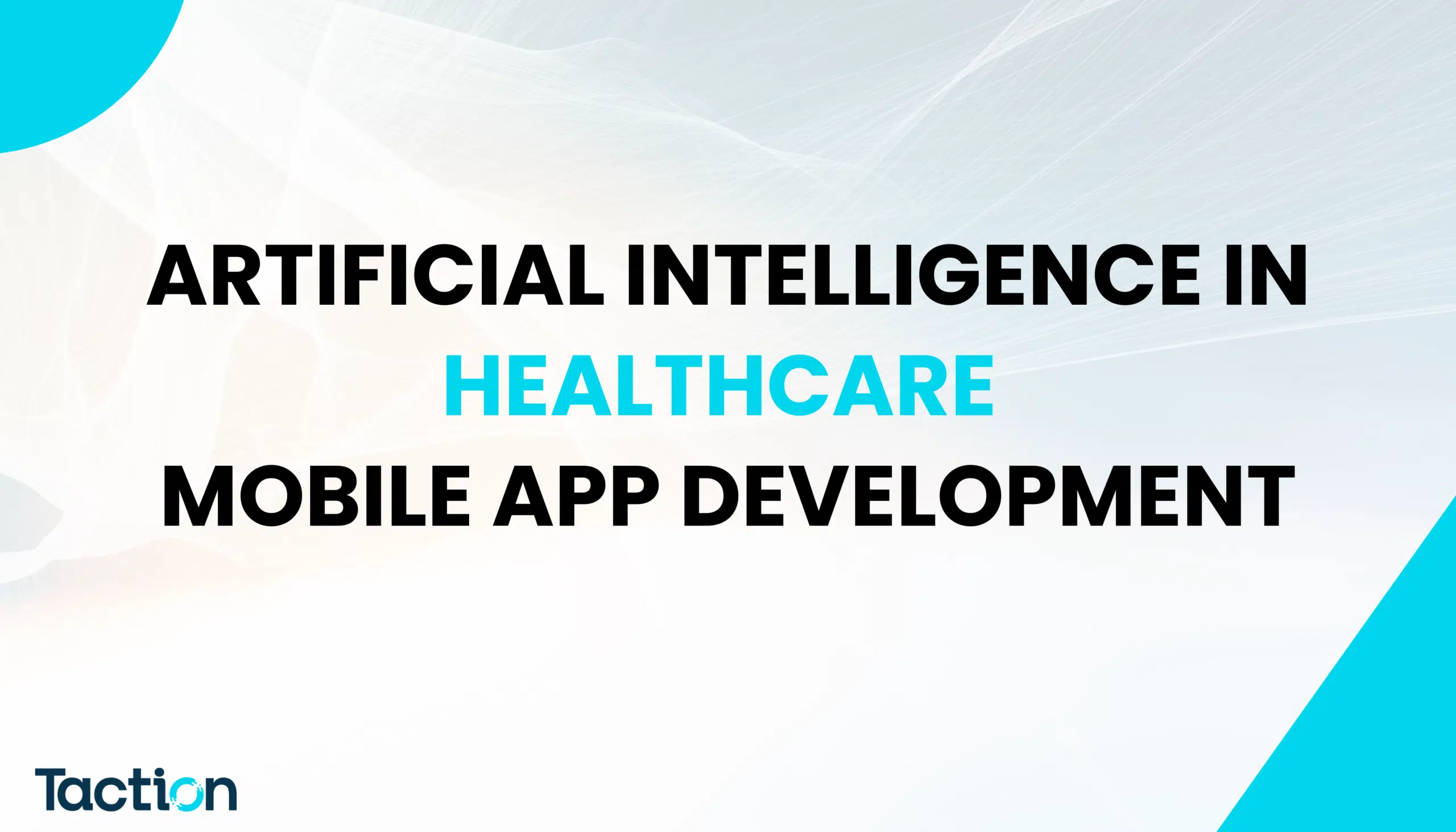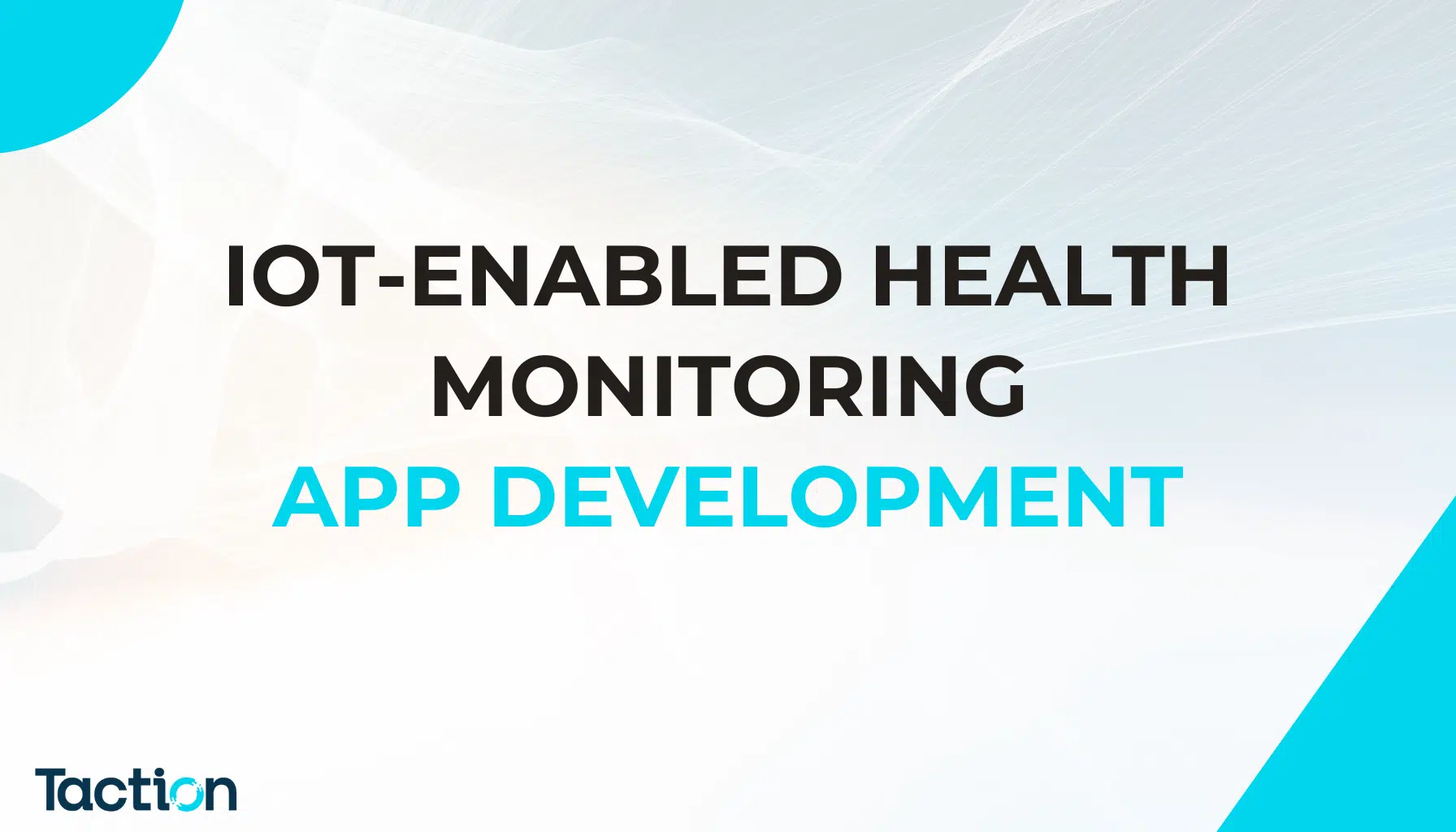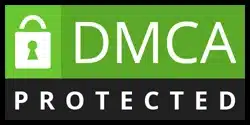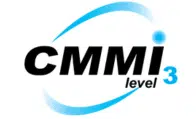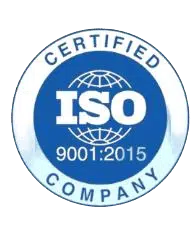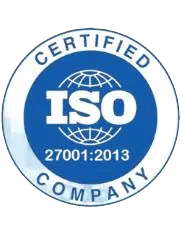In today’s fast-paced world, technology has become an integral part of healthcare. From Electronic Health Records (EHR) systems to telemedicine apps, healthcare software is transforming the way care is delivered. Yet, building software for the healthcare industry isn’t just about writing code; it involves understanding regulatory requirements, ensuring data security, and prioritizing patient outcomes. In this guide, we’ll explore the ins and outs of healthcare software product development, focusing on the stages, challenges, and best practices involved.
What is Healthcare Software Product Development?
Healthcare software product development refers to the process of creating software specifically designed to meet the needs of healthcare providers, patients, and other stakeholders in the healthcare ecosystem. This includes building applications that streamline operations, improve patient outcomes, and ensure compliance with regulatory standards.
Types of Healthcare Software Products
Healthcare software encompasses a wide variety of products, each serving a unique purpose:
- Electronic Health Records (EHR) Systems: Digital versions of patient records that healthcare providers use to store and manage health information.
- Practice Management Software: Tools that help healthcare practices manage daily operations such as scheduling, billing, and reporting.
- Telemedicine and Telehealth Apps: Platforms that enable remote consultations between doctors and patients.
- Mobile Health (mHealth) Apps: Apps designed to monitor health metrics and provide care directly to patients via smartphones.
- Clinical Decision Support Systems (CDSS): Tools that assist healthcare professionals in making data-driven decisions.
Build Software That Meets Regulatory Compliances like HIPAA
Why Healthcare Software Product Development is Essential
The demand for healthcare software has skyrocketed, and for good reason. The healthcare landscape is constantly evolving, and healthcare providers need modern solutions to keep up with these changes.
Meeting the Needs of Modern Healthcare Providers
Doctors, nurses, and administrators rely heavily on software to manage patient data, streamline workflows, and enhance communication between departments.
Enhancing Patient Care
Healthcare software allows for real-time access to critical patient information, resulting in quicker diagnoses and better care coordination.
Addressing Regulatory and Compliance Demands
Healthcare is one of the most regulated industries. Developing compliant software ensures healthcare organizations meet standards such as HIPAA, ensuring patient privacy and data security.
Types of Healthcare Software Products

Electronic Health Records (EHR) Systems
EHR systems provide healthcare professionals with instant access to a patient’s medical history, medications, and lab results, improving efficiency and reducing errors.
Practice Management Software
Practice management tools help streamline day-to-day operations, from appointment scheduling to billing, helping clinics run smoothly.
Telemedicine and Telehealth Applications
Telemedicine platforms enable healthcare providers to conduct virtual consultations, breaking geographical barriers and making healthcare more accessible.
Mobile Health (mHealth) Apps
Mobile health apps empower patients to monitor their health and communicate with healthcare providers, all from the convenience of their smartphones.
Clinical Decision Support Systems (CDSS)
CDSS tools provide real-time, data-driven insights to healthcare professionals, aiding in decision-making, treatment planning, and diagnosis.
Key Features of Effective Healthcare Software
When developing healthcare software, there are essential features that should always be included:
User-Friendly Interface
Healthcare professionals are busy, and they need software that is intuitive and easy to use, without a steep learning curve.
Data Security and HIPAA Compliance
Ensuring the security of sensitive patient information is paramount. All healthcare software must comply with HIPAA regulations, safeguarding patient data.
Interoperability and Data Integration
Healthcare software should easily integrate with existing systems and facilitate seamless data exchange between platforms.
Real-Time Analytics and Reporting
Healthcare providers need access to real-time data and analytics to make informed decisions, enhance care, and monitor outcomes.
Understanding the Healthcare Software Development Lifecycle
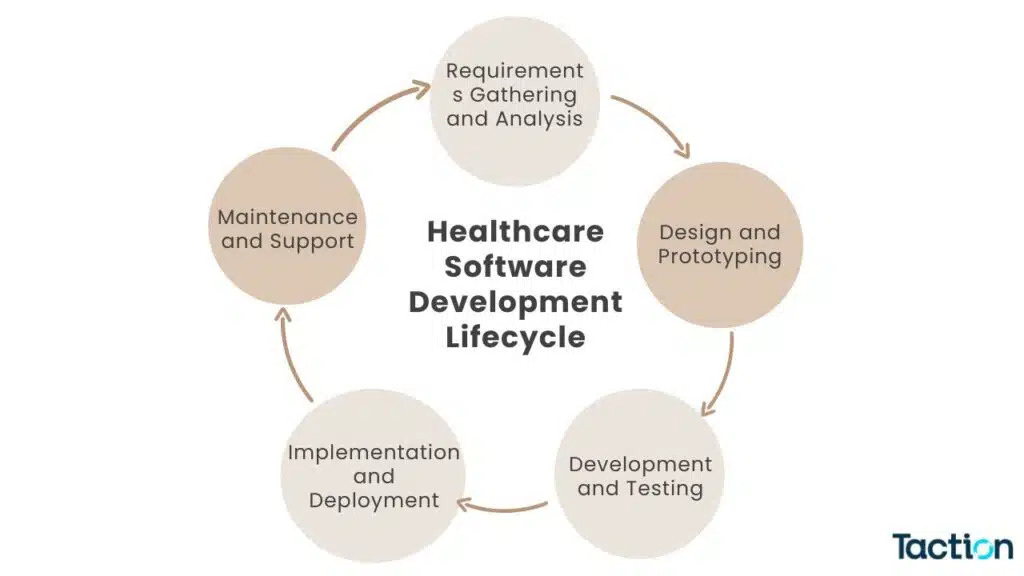
Healthcare software development follows a series of structured steps, each critical to the final product’s success.
Requirements Gathering and Analysis
The first step involves identifying the needs of stakeholders, including healthcare providers, patients, and administrators.
Design and Prototyping
Once requirements are gathered, developers create prototypes to visualize the software’s functionality and user experience.
Development and Testing
During the development phase, the actual coding takes place, followed by rigorous testing to ensure the software is bug-free and performs as expected.
Implementation and Deployment
After testing, the software is deployed in the healthcare environment. This stage often requires training for end-users, such as doctors and nurses.
Maintenance and Support
Post-launch support is crucial for ensuring long-term software success, including regular updates, bug fixes, and performance improvements.
Regulatory Considerations in Healthcare Software Development
Developing healthcare software isn’t just about meeting user needs—it’s also about adhering to strict regulatory standards.
HIPAA Compliance
HIPAA (Health Insurance Portability and Accountability Act) outlines the legal requirements for protecting patient data in the United States. Ensuring HIPAA compliance is a non-negotiable aspect of healthcare software development.
FDA Approval for Medical Devices and Software
Certain healthcare software, especially those classified as medical devices, may require FDA approval to ensure they meet safety and efficacy standards.
GDPR Compliance
If your healthcare software will serve European users, you must ensure compliance with the General Data Protection Regulation (GDPR), which governs data privacy and security.
Challenges in Healthcare Software Development
Healthcare software development comes with its own set of challenges:
Navigating Complex Regulatory Environments
Healthcare software must comply with various regulatory standards, which can vary depending on the region or country.
Ensuring Data Security and Privacy
With the rising threat of cyberattacks, ensuring robust security features is vital to protect sensitive health information.
Overcoming Interoperability Issues
Healthcare providers often use multiple systems, making it essential for new software to integrate seamlessly with existing technologies.
User Adoption and Change Management
Even the best software can fail if healthcare staff resist adopting it. Proper training and change management strategies are necessary to ensure smooth implementation.
Best Practices for Healthcare Software Development
To ensure the success of your healthcare software, consider the following best practices:
Engaging with End-Users for Feedback
Consulting with doctors, nurses, and patients during development ensures that the software meets their needs and is user-friendly.
Prioritizing Data Security from the Start
Data security should be a primary focus from the beginning, with robust encryption, secure access controls, and regular security testing.
Focusing on Scalability
Your software should be built to scale, accommodating future growth and technological advancements.
Iterative Development and Regular Updates
An iterative development approach, such as Agile, allows for continuous improvement and adaptation based on user feedback and changing needs.
Choosing the Right Technology Stack for Healthcare Software
The technology stack you choose can make or break your software:
Popular Programming Languages
Languages like Java, Python, and C# are widely used in healthcare software due to their versatility and stability.
Cloud-Based Infrastructure vs. On-Premise Solutions
Cloud-based solutions offer scalability, flexibility, and cost-effectiveness, while on-premise solutions provide more control over data.
Integration of AI and ML
Incorporating AI and machine learning can enhance healthcare software by providing predictive analytics, automating processes, and improving patient outcomes.
Agile Methodology in Healthcare Software Development
The Agile methodology is becoming increasingly popular in healthcare software development. It offers:
- Flexibility: Agile allows for changes to be made during the development process, ensuring the product meets evolving needs.
- Faster Delivery: With sprints and real-time feedback, development progresses quickly.
- Collaboration: Developers, healthcare professionals, and other stakeholders work together throughout the process.
Data Security and Privacy in Healthcare Software Development
Encryption Techniques
All sensitive data should be encrypted to protect against unauthorized access and breaches.
Multi-Factor Authentication (MFA)
MFA adds an additional layer of security by requiring users to verify their identity through multiple methods.
Secure Data Transmission
Ensure secure data transmission using protocols like HTTPS and encryption algorithms.
Interoperability in Healthcare Software
Importance of Interoperability
Interoperability ensures that healthcare providers can access and exchange patient data seamlessly across different systems.
Common Standards
Standards like HL7 and FHIR are widely used to promote data exchange and integration between healthcare systems.
Innovative Trends in Healthcare Software Development
The healthcare industry is always evolving, with several exciting trends on the horizon:
AI and Machine Learning
AI and ML are being used to improve diagnostics, personalize treatment plans, and analyze massive datasets for predictive analytics.
Virtual Reality (VR) in Healthcare
VR is increasingly being used for everything from surgical training to pain management for patients.
Blockchain for Healthcare Data Management
Blockchain offers a decentralized and secure way to store and manage healthcare records, improving data security and transparency.
Case Studies: Successful Healthcare Software Products
Case Study 1: Development of a Telemedicine Platform
A healthcare organization developed a telemedicine platform, increasing patient access to care by 40% and reducing operational costs.
Case Study 2: Building an AI-Powered Clinical Decision Support Tool
An AI-powered CDSS helped clinicians reduce diagnostic errors and improved treatment outcomes by analyzing vast datasets in real-time.
Case Study 3: Modernizing an EHR System for a Large Hospital
A large hospital modernized its EHR system, improving efficiency and reducing patient wait times by 25%.ining to pain management for patients.
Build One Medical App with Multiple Opportunities
• Personalized News Feed for Doctors
• Remote Patient Monitoring
• Communication Platform with HIPAA-Compliant
Conclusion
Healthcare software product development is at the core of modernizing the healthcare industry. From streamlining administrative tasks to improving patient care, the right software can transform healthcare delivery. By following best practices, addressing challenges, and embracing innovation, healthcare providers can build software that meets the needs of today’s fast-paced, ever-evolving healthcare landscape.
FAQs
The cost can vary, typically ranging from $100,000 to millions, depending on the complexity and scope of the project.
The timeline can vary but generally ranges from 6 months to 2 years, depending on the size and complexity.
HIPAA, FDA approval, and GDPR are some of the major compliance requirements for healthcare software.
Data security is ensured through encryption, multi-factor authentication, secure data transmission, and regular security audits.
Custom healthcare software offers tailored solutions, better integration with existing systems, improved user experience, and enhanced security.

